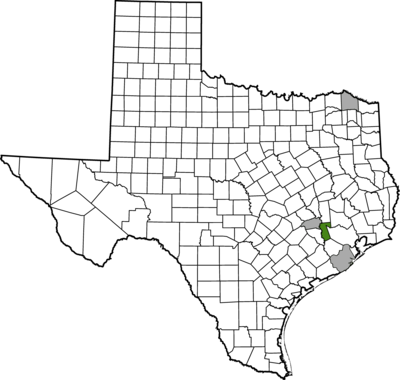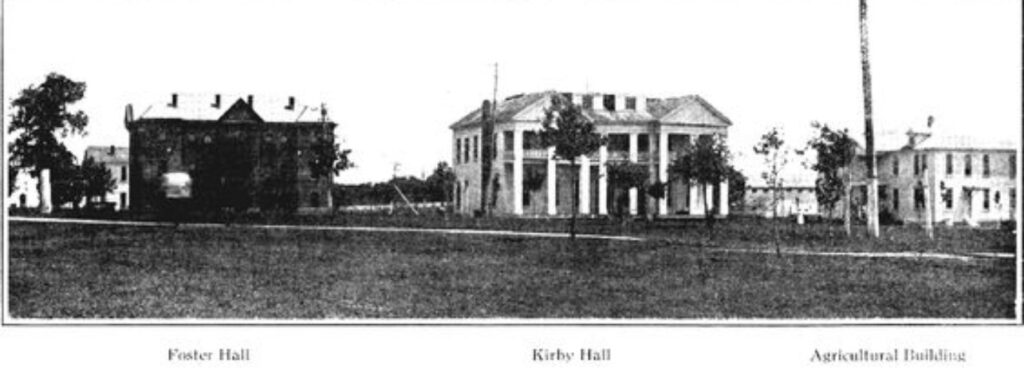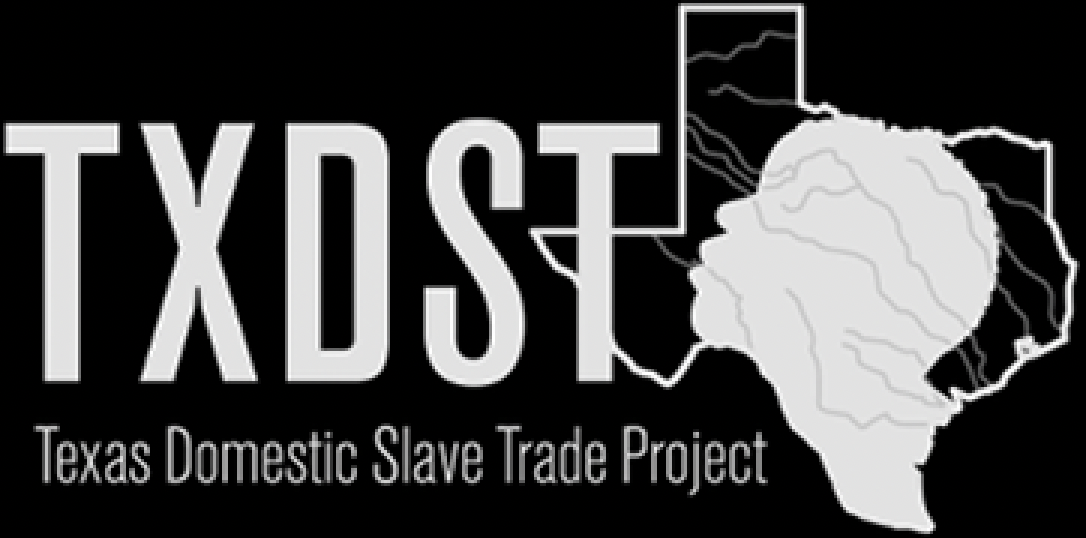
Waller County
Understanding Slavery from Top down and Bottom Up
The Civil War, Emancipation and Freedom’s Horizons and Limitations in Waller County, 1862-1876

Waller County was not exempt from the hostilities, local mobilization, and disruption that came with the Civil War. Texas seceding from the United States of America and joining the Confederate States of America placed all Texans, supporters or non-supporters, in rebellion against the Union. Private citizens and some slave owners answered the call for support by organizing units, collecting combat materials, and engaging in public works projects to support the war effort. Colonel Jared Kirby raised money for the war and commanded a regiment of enslaved people who built roads, levies, and bridges. Although no significant battles occurred in the Texas theater of the war, Confederate factions from across the state rallied to support the Rebel cause. Accepting the Union victory and emancipation was a hard pill to swallow for pro-Confederate Texans. Disenchantment with enslaved people being free, holding public office, and empowered with the rights of citizens shaped the political divide of Reconstruction Era Texas.
Despite the numerous obstacles pro-Confederate Texans created, newly emancipated Black people made the most of the opportunities now available to them. Freed people prioritized education. Texas’s Black legislators used their political platform to gain support for Black education. William Holland, a Black representative for Waller County, endorsed legislation to establish a state-supported school for colored youth. On April 14, 1876, the Texas State Legislature approved the establishment of the school.

